Classic¶
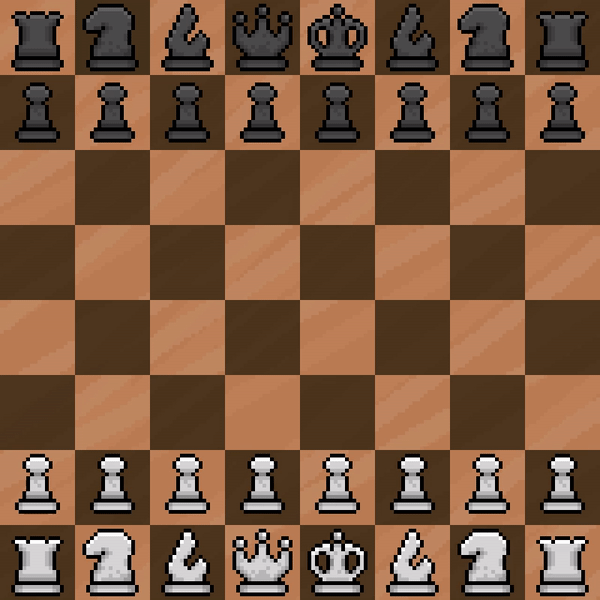
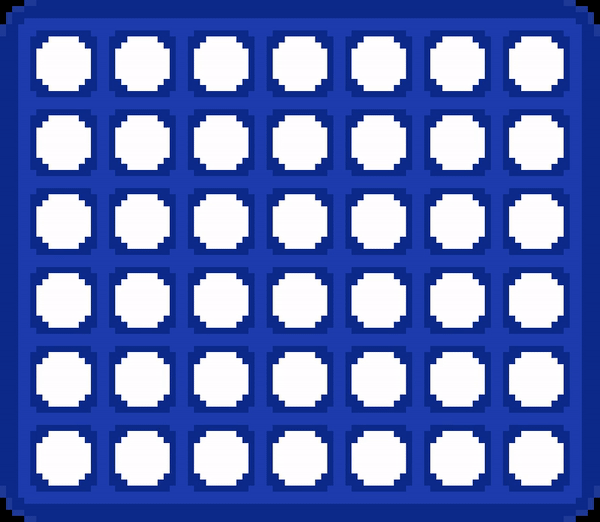
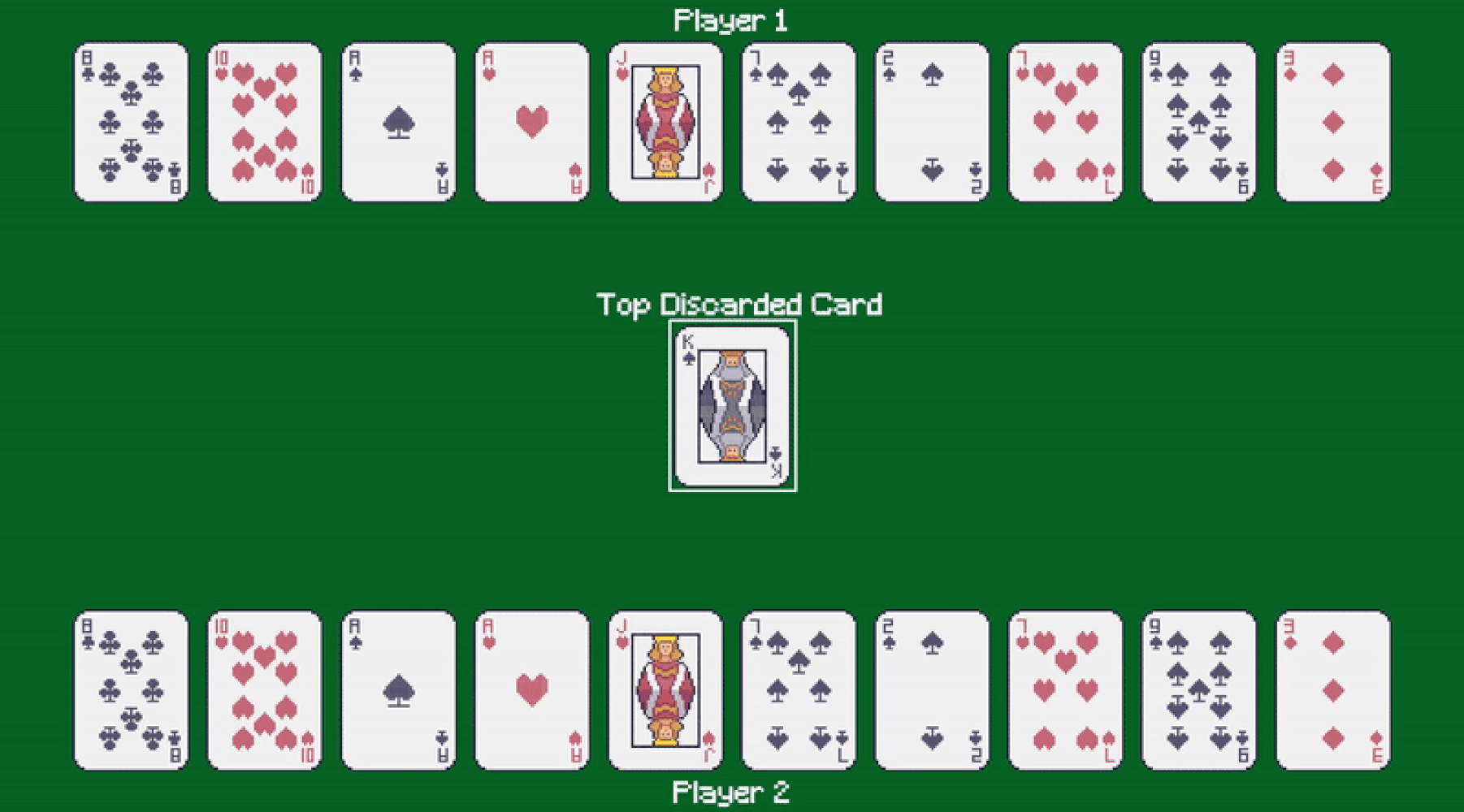
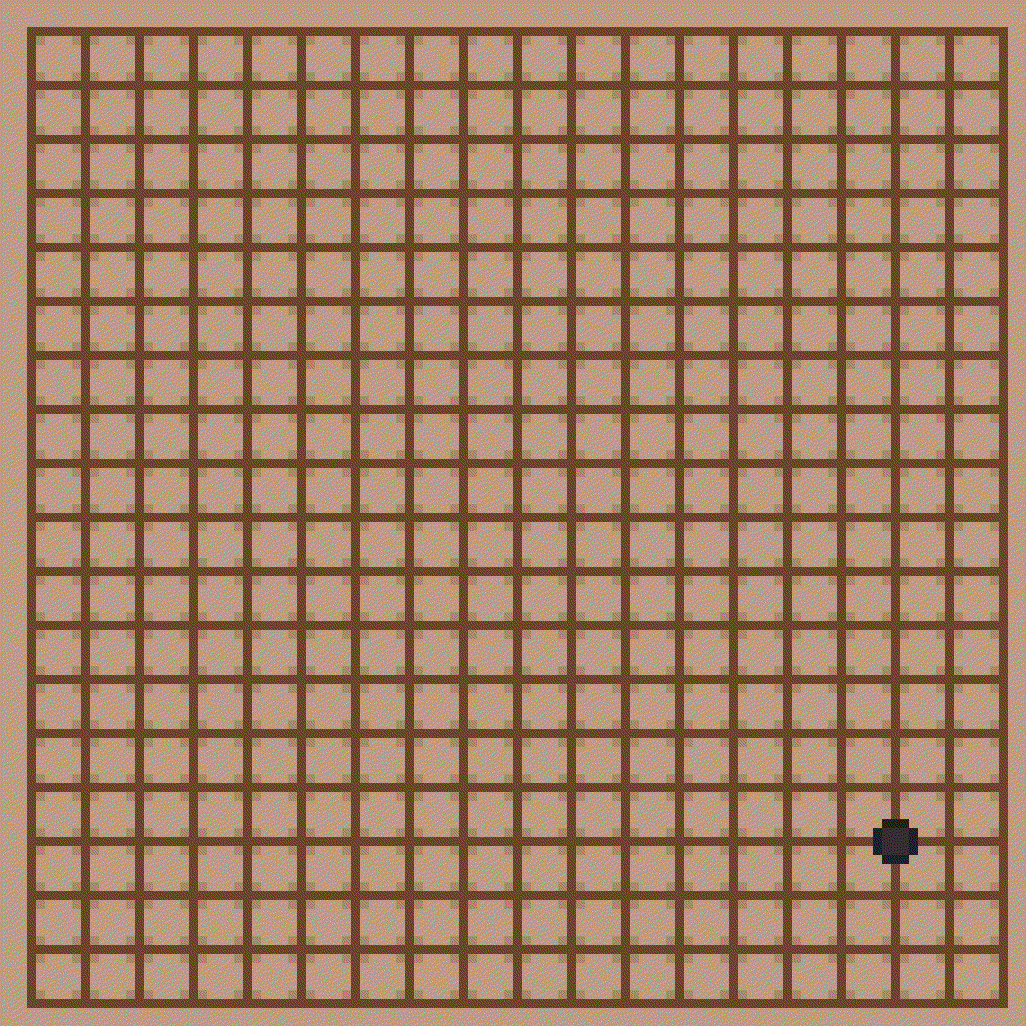
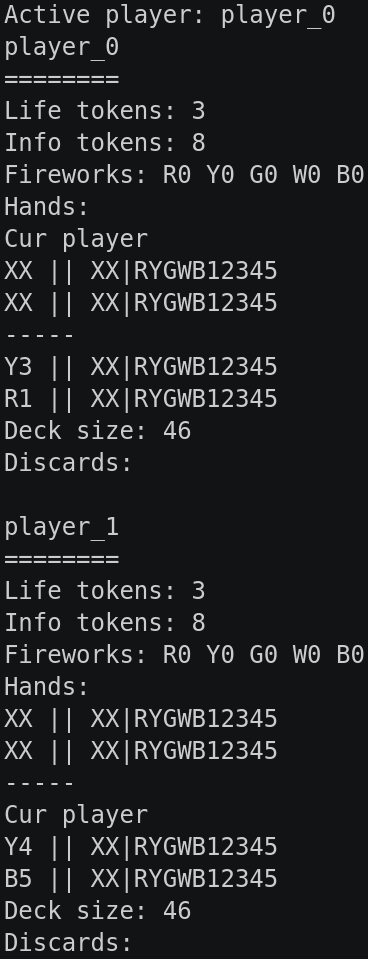
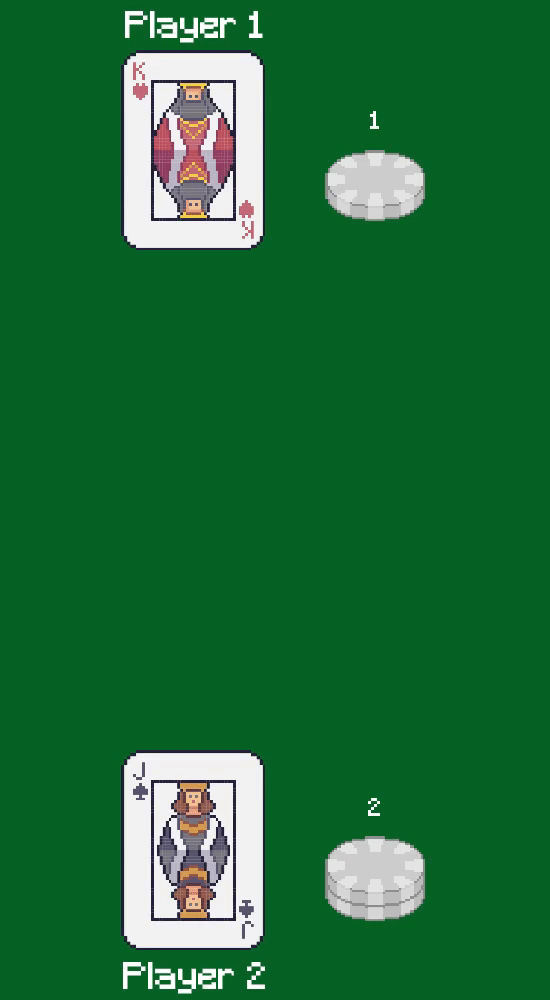
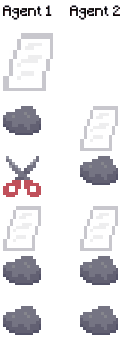

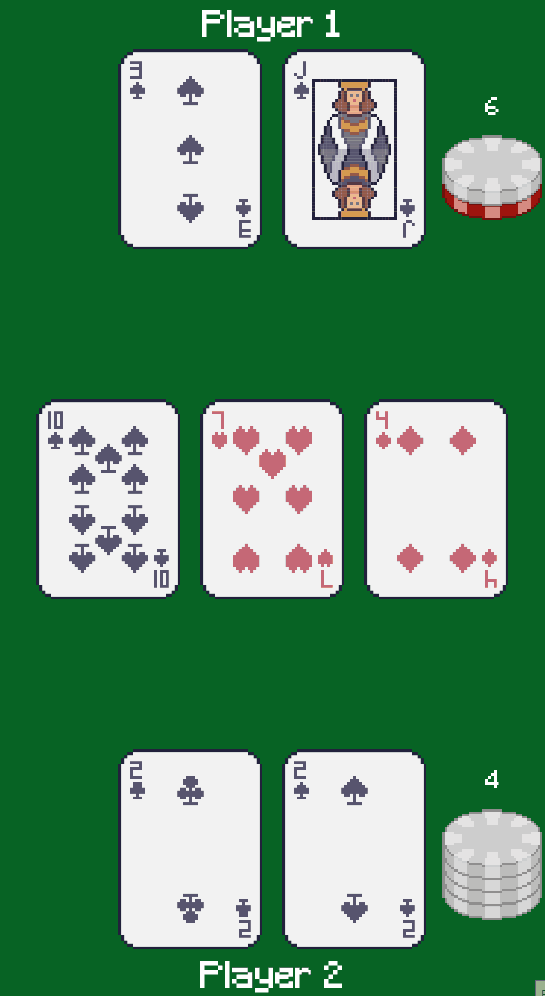
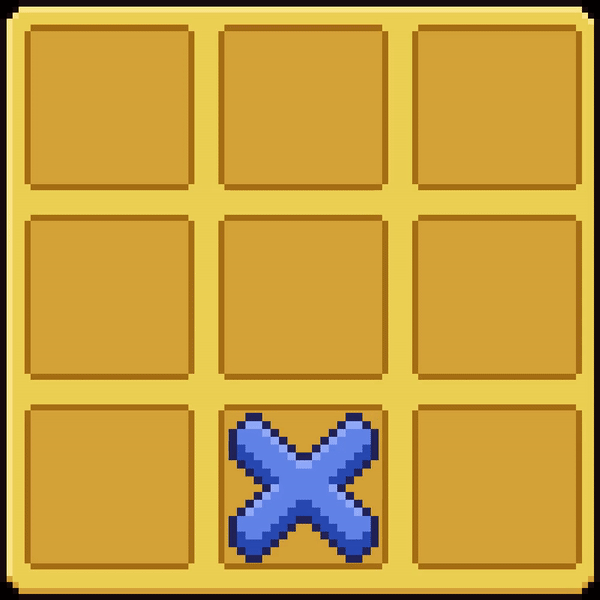
Classic environments represent implementations of popular turn-based human games and are mostly competitive.
Installation¶
The unique dependencies for this set of environments can be installed via:
pip install 'pettingzoo[classic]'
Usage¶
To launch a Connect Four environment with random agents:
from pettingzoo.classic import connect_four_v3
env = connect_four_v3.env(render_mode="human")
env.reset(seed=42)
for agent in env.agent_iter():
observation, reward, termination, truncation, info = env.last()
if termination or truncation:
action = None
else:
mask = observation["action_mask"]
action = env.action_space(agent).sample(mask) # this is where you would insert your policy
env.step(action)
env.close()
The classic environments have a few differences from others in this library:
No classic environments currently take any environment arguments.
All classic environments are rendered solely via printing to terminal.
Most environments only give rewards at the end of the games once an agent wins or losses, with a reward of 1 for winning and -1 for losing.
Many classic environments have illegal moves in the action space. These environments communicate the legal moves at any given time as part of the observation. This is done with dictionary observations where the
observationelement is the observation and theaction_maskelement is a binary vector which is 1 if the action is legal. Note that theaction_maskobservation will only have non-zero values right before the agents takes its step.In environments with illegal moves, taking an illegal move will give a reward equal to losing the game to the illegally moving player and 0 to the other players before ending the game.
Many of the classic environments are based on RLCard. If you use these libraries in your research, please cite them:
@article{zha2019rlcard,
title={RLCard: A Toolkit for Reinforcement Learning in Card Games},
author={Zha, Daochen and Lai, Kwei-Herng and Cao, Yuanpu and Huang, Songyi and Wei, Ruzhe and Guo, Junyu and Hu, Xia},
journal={arXiv preprint arXiv:1910.04376},
year={2019}
}


